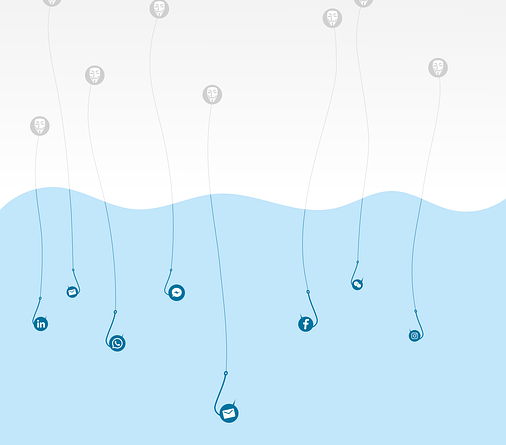
Are you constantly worrying about the security of your online accounts? Well, fear no more! In this article, we will guide you through the art of creating strong passwords, providing you with the best practices for secure account protection.
Passwords play a crucial role in safeguarding your personal information and digital assets from unauthorized access. By following our expert advice, you can create passwords that are virtually impenetrable, giving you peace of mind and a sense of control over your online presence.
We will delve into the characteristics of strong passwords and share best practices for password creation, including the importance of using unique passwords for each account. Additionally, we will explore ways to educate others about the importance of strong passwords and how to respond to security incidents.
So, buckle up and get ready to fortify your accounts with our ultimate guide to password security!

Key Takeaways
- Use a mix of uppercase, lowercase letters, numbers, and special characters for strong passwords.
- Avoid using easily guessable information like birthdays or pet names.
- Create unique and complex passwords for each account.
- Consider using a password manager and enabling two-factor authentication for added security.
Introduction
Are you tired of worrying about hackers and identity theft? Protect yourself and your sensitive information by creating strong passwords that are virtually impossible to crack.
In today’s digital age, strong passwords are crucial for ensuring the security of your accounts. With the increasing prevalence of cyber threats, it is important to take proactive measures to safeguard your online presence.
Strong passwords are the first line of defense against unauthorized access and can significantly reduce the risk of your accounts being compromised. To create a strong password, consider using a mix of uppercase and lowercase letters, numbers, and special characters. Additionally, it is advisable to avoid using easily guessable information such as birthdays or pet names.
Implementing password managers and enabling two-factor authentication are also effective strategies to enhance password security and account protection.
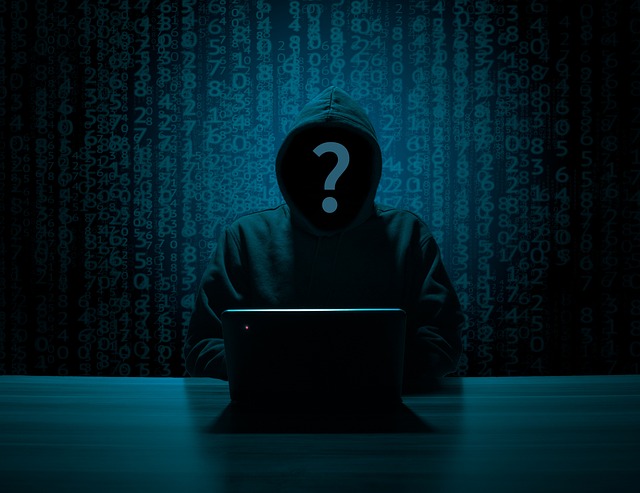
The Role of Passwords in Account Protection
In order to protect your online accounts, it’s crucial to understand the significance of strong passwords. Strong passwords are the first line of defense against hackers and unauthorized access. By avoiding common password mistakes, such as using easily guessable passwords or reusing the same password for multiple accounts, you can greatly enhance the security of your accounts.
Creating a strong password involves using a combination of uppercase and lowercase letters, numbers, and special characters. The longer and more complex your password is, the harder it is for hackers to crack. It’s also important to regularly update your passwords and avoid using personal information that can be easily guessed, such as your name or birthdate.
In addition to creating strong passwords, it’s recommended to enable two-factor authentication whenever possible. This adds an extra layer of security by requiring a second form of verification, such as a fingerprint or a unique code sent to your mobile device.
Remember, your passwords are the keys to your online accounts, so it’s crucial to take them seriously and prioritize their strength and uniqueness. By doing so, you can significantly reduce the risk of unauthorized access and protect your valuable personal information.
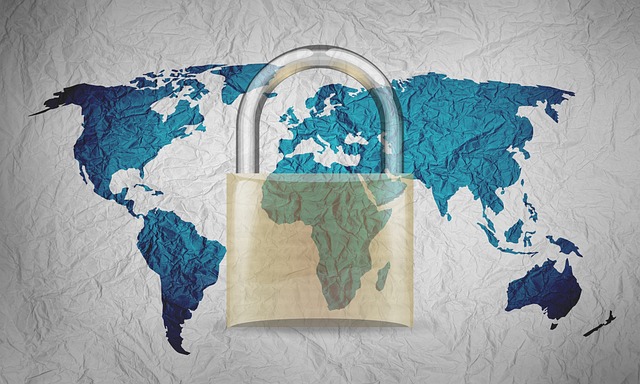
Understanding the Significance of Strong Passwords
Understanding the significance of strong passwords is crucial for protecting your valuable information. Think of your password as a fortress that guards your accounts, and a strong password is like an impenetrable wall that keeps out potential intruders.
To create a strong password, there are a few tips you should keep in mind. First, use a strong password generator to generate a unique and complex password. Avoid using common and easily guessable phrases or personal information. A good password includes a mix of uppercase and lowercase letters, numbers, and special characters. It should also be at least 12 characters long.
It’s important to remember to create different passwords for each of your accounts. This minimizes the risk of multiple accounts being compromised if one password is discovered. By following these secure password tips, you can strengthen your defenses and protect your valuable information from unauthorized access.
Common Password Mistakes to Avoid
To ensure the utmost security for your accounts, it’s important to steer clear of common password mistakes that leave you vulnerable to unauthorized access.
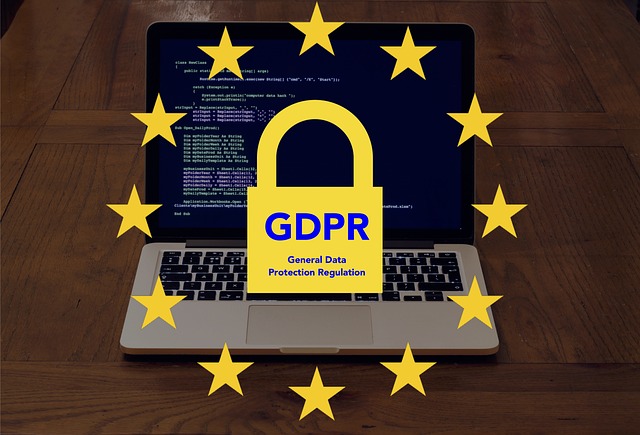
One common mistake to avoid is using easily guessable passwords like ‘password’ or ‘123456.’ Instead, generate passwords that are unique and complex. A strong password should include a mix of uppercase and lowercase letters, numbers, and symbols.
Avoid using personal information like your name, birthdate, or address, as these can be easily guessed by hackers.
Another mistake is using the same password for multiple accounts. If one account gets hacked, all your other accounts are at risk. To manage multiple passwords, consider using a secure password manager.
And be cautious of using online password generators. While they can be helpful, ensure you are using a reputable and secure password generator online to create passwords that are truly strong and secure.

Characteristics of Strong Passwords
When creating strong passwords, there are several important characteristics to consider.
First, make sure your password is long and complex, as this makes it more difficult for hackers to guess.
Second, avoid using common words and phrases, as these are easily cracked by automated programs.
Thirdly, use a combination of letters, numbers, and symbols to further enhance the security of your password.
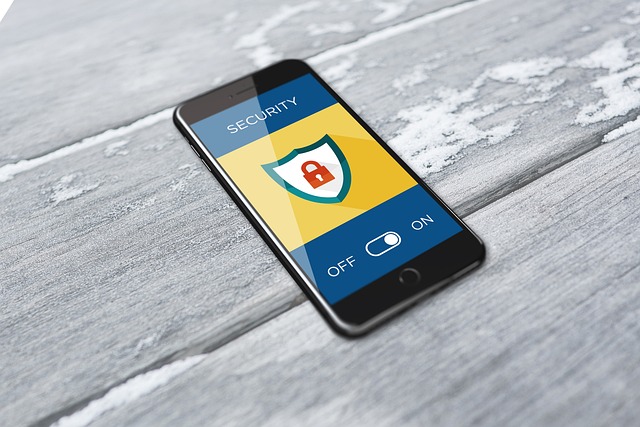
By following these guidelines, you can better protect your accounts from unauthorized access.
Length and Complexity
By utilizing longer and more complex passwords, you can greatly enhance the security of your online accounts. This reduces the risk of unauthorized access and potential data breaches.
When creating a password, it is important to generate a secure password that is not easily guessable. A strong random password generator can help you come up with a password that meets the criteria of length and complexity.
Suggestions for passwords include using a mix of uppercase and lowercase letters, numbers, and special characters. For example, you could use a phrase or sentence and replace some of the letters with numbers or special characters.

It is also advisable to avoid using common words or sequences of characters that can be easily guessed.
By following these suggestions and using tools like the strong password generator by Google, you can ensure that your passwords are strong and secure.
Avoiding Common Words and Phrases
Avoiding common words and phrases is essential for ensuring the strength and uniqueness of your online passwords. When you use common words or phrases, hackers can easily guess them using automated tools.
To protect your accounts, it’s crucial to generate a password online that is complex and difficult to guess. One way to do this is by using a random word generator password, which creates unique combinations of words.
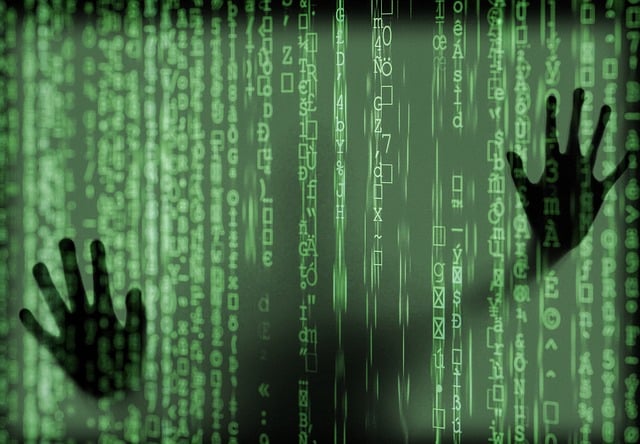
Another option is to use an easy-to-remember password generator that creates strong passwords based on your preferences. Remember, the goal is to create hard passwords that are not easily cracked.
By avoiding common words and phrases, and using tools like random word generators or password generators, you can enhance the security of your online accounts.
Using a Combination of Letters, Numbers, and Symbols
To make your online passwords more secure, try combining letters, numbers, and symbols in a way that creates a visual representation of strength. Instead of using common words or phrases, generate a random password that is unique and difficult to guess.
A good password to use consists of a mix of uppercase and lowercase letters, numbers, and symbols. For example, you can substitute letters with visually similar numbers or symbols. Avoid using obvious substitutions like replacing ‘o’ with ‘0’ or ‘i’ with ‘1’.
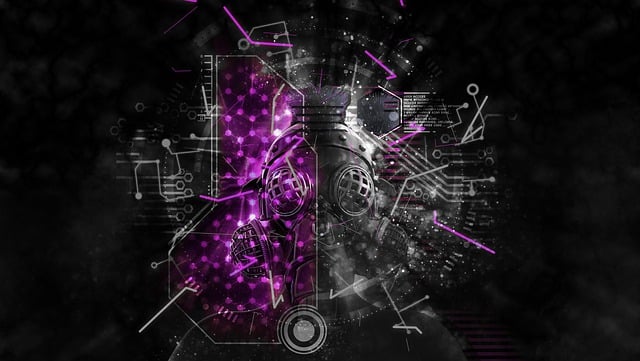
To create easy-to-remember passwords, consider using a phrase or sentence as a base and then mix it up with letters, numbers, and symbols. Remember, the goal is to create a secure password that is not easily hackable, so be creative and come up with strong password ideas.
Password Creation Best Practices
When it comes to creating strong passwords, it’s important to consider the use of passphrases versus passwords. Passphrases, which are longer and easier to remember, can provide better security.
Password generators are a helpful tool for generating random and complex passwords.
It’s crucial to avoid using personal information in passwords, such as your name or birthdate, as these can be easily guessed or obtained by hackers.

Passphrases vs. Passwords
Passphrases can provide a higher level of security and protection for your accounts compared to traditional passwords. They are longer phrases or sentences that are harder for hackers to guess.
To create a strong passphrase, you can use a secure passphrase generator or even generate one yourself by combining unrelated words or using a memorable phrase with special characters and numbers.
Using a strong password generator online, like the one provided by Google, can also help you come up with hard passwords examples.
Passphrases offer several advantages over passwords, including increased length and complexity, making them more resistant to brute-force attacks.

So, next time you create an account, consider using a passphrase for better security.
Password Generators
Now that you understand the difference between passphrases and passwords, it’s time to explore the benefits of using password generators.
These tools are designed to create secure and random passwords that are difficult for hackers to crack. If you’re not confident in your ability to come up with a strong password on your own, a password generator can be a lifesaver.
There are many options available, ranging from secure random password generators built into password manager apps to standalone tools that you can find online for free.
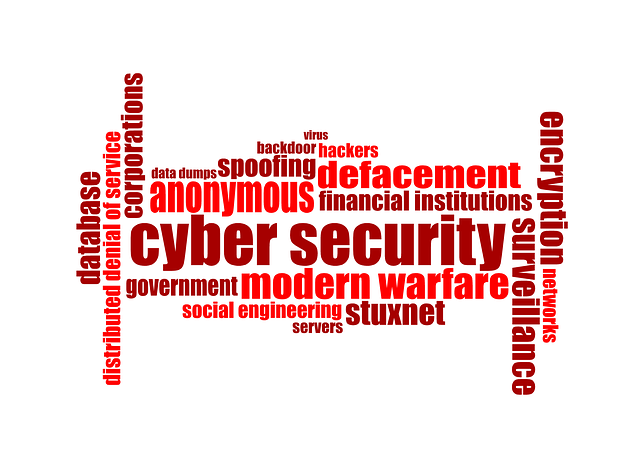
By using a good strong password generator, you can ensure that your accounts have maximum protection against unauthorized access.
Remember to follow the tips for creating strong passwords and utilize password generators to enhance your online security.
Avoiding Personal Information in Passwords
To make your passwords more secure, it’s important to avoid using any personal information. When creating a strong password, steer clear of using things like your name, birthdate, or any other easily guessable information. Instead, consider using a strong password generator that is easy to remember.
These generators can create random combinations of letters, numbers, and symbols that are difficult for others to crack. Additionally, incorporating a mix of uppercase and lowercase letters, numbers, and special characters can make your password even stronger.
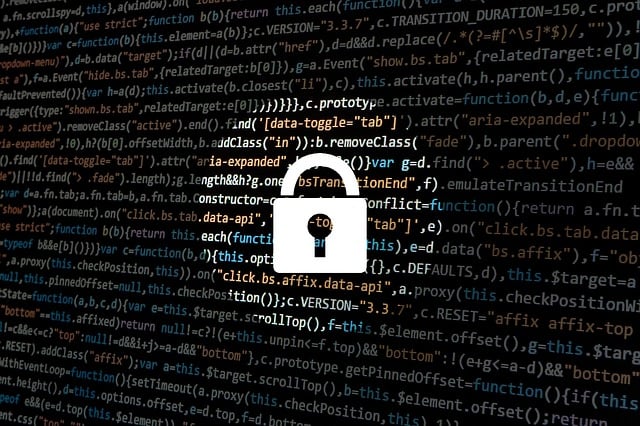
Remember, good passwords should be unique for each account and not easily associated with you personally. By avoiding personal information in your passwords, you can help ensure that your accounts remain safe and secure.
Unique Passwords for Each Account
When it comes to protecting your online accounts, it’s crucial to use a different password for each one. Reusing passwords puts you at risk of a domino effect, where if one account is compromised, all your other accounts become vulnerable too.
By using unique passwords for each account, you can greatly reduce the chances of a hacker gaining access to your personal information and sensitive data.
The Dangers of Password Reuse
Beware! Reusing passwords puts your accounts at serious risk and leaves you vulnerable to cyberattacks. It may be tempting to use the same password for multiple accounts, but this is a dangerous practice.
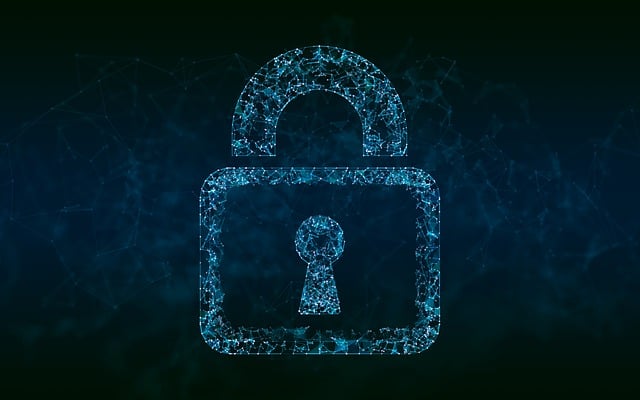
When you reuse passwords, if one account gets compromised, all your other accounts become vulnerable too. Cybercriminals can easily gain access to your personal information, financial details, and even hijack your entire online presence.
To protect yourself, it’s essential to use a unique password for each account. Don’t worry about memorizing them all; you can use a random password generator free online to generate good passwords for you. These tools create safe strong passwords that are difficult for hackers to crack.
So, say goodbye to weak passwords and start using a unique password generator or come up with your own strong password ideas list.
Using a Different Password for Every Account
Using a unique password for each account is crucial in order to safeguard your personal information and prevent cyberattacks. When you reuse passwords, you make it easier for hackers to gain access to multiple accounts if they manage to crack just one password.
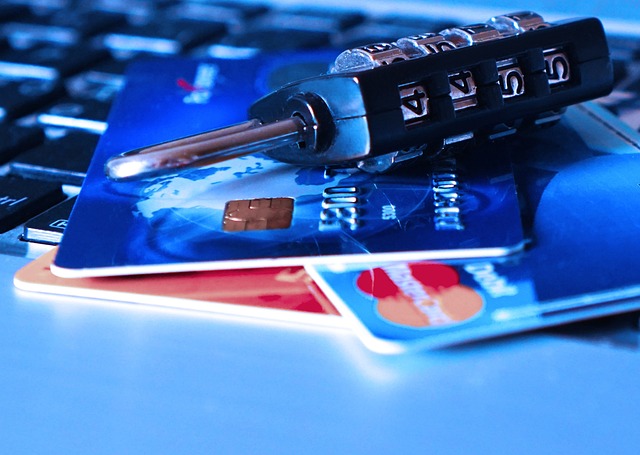
To create a strong random password, it is recommended to generate a password from a combination of words, numbers, and special characters. Avoid using common phrases or personal information that can be easily guessed. Additionally, generating a password using a password manager or online generator can help create random passwords that are difficult to crack.
Examples of good passwords include a combination of uppercase and lowercase letters, numbers, and special characters, such as ‘P@ssw0rd!’ or ‘Tru3Blu3$ky!’.
Remember, using a different password for every account is essential for maintaining your online security.
Regular Password Updates
Regular password updates are crucial for maintaining the security of your accounts. By regularly updating your passwords, you decrease the risk of unauthorized access to your personal information.

To help you remember to change your passwords regularly, it’s recommended to set reminders or use password management tools.
The Importance of Periodic Password Changes
Periodic password changes are crucial for maintaining account security. Updating your passwords can significantly reduce the risk of being hacked. To generate a safe password, avoid using easily guessable information like your name or birthdate. Instead, opt for a combination of uppercase and lowercase letters, numbers, and special characters. It’s also a good idea to use a different password for each of your accounts to prevent a domino effect if one password is compromised. Remember, the longer and more complex your password is, the harder it is for hackers to crack. So, follow these tips to create a strong password and ensure the protection of your accounts.
Setting Reminders for Password Updates
Feeling overwhelmed with the thought of updating your passwords? Don’t worry, there’s an easy way to stay on top of it – set reminders for password updates.
By creating reminders, you can ensure that you regularly change your passwords and keep your accounts secure. It’s important to have a hard password to guess, one that includes a mix of uppercase and lowercase letters, numbers, and special characters.
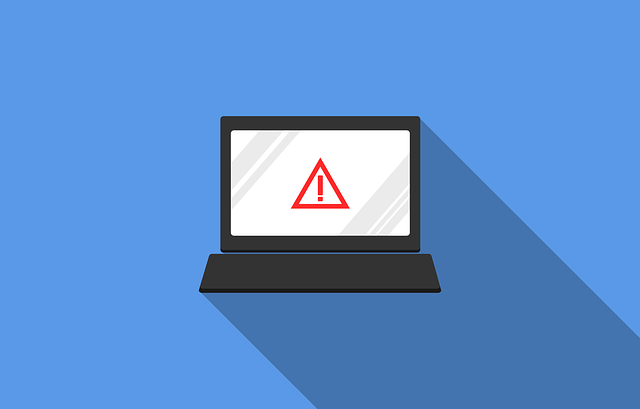
Using strong passwords is crucial for protecting your personal information and preventing unauthorized access to your accounts. Experts recommend using unique passwords for each account and avoiding common words or phrases.
By setting reminders for password updates, you can stay proactive in maintaining strong passwords and ensure the security of your online accounts.
Safeguarding Passwords
When it comes to safeguarding your passwords, it’s important to consider your password storage options. Using a trusted password manager can help securely store and organize your passwords, making it easier to access them when needed.
Additionally, it’s crucial to avoid writing down your passwords as this can increase the risk of them falling into the wrong hands.
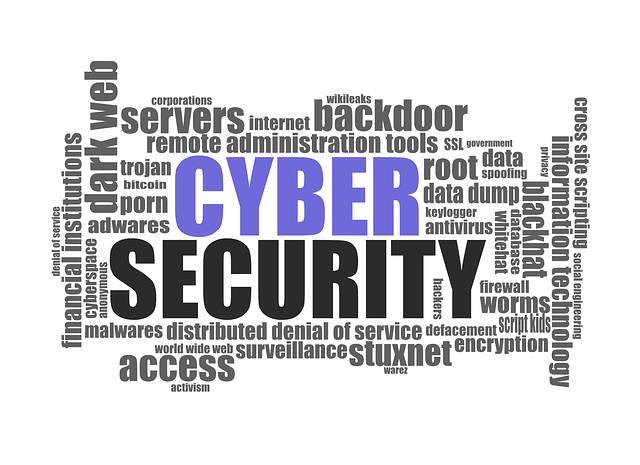
Password Storage Options
One of the most effective ways to ensure the security of your accounts is by utilizing password managers. These tools provide a secure storage option for all your passwords.
Password managers not only keep your passwords safe but also make it easier for you to create strong and unique passwords for each of your accounts. They offer features like the LastPass random password generator or the Norton strong password generator, which allow you to easily generate complex passwords that are difficult for hackers to crack.
Additionally, password managers often offer the option for two-factor authentication, providing an extra layer of security for your accounts.
By using a password manager and incorporating these best practices, such as creating a strong Gmail password and utilizing two-factor authentication providers, you can significantly enhance the protection of your online accounts.

Avoiding Writing Down Passwords
To enhance the security of your online accounts, it’s crucial to avoid the practice of writing down your passwords. This leaves them vulnerable to theft or unauthorized access.
For example, imagine a scenario where a person writes down their banking password on a sticky note and leaves it on their desk. This could easily be found by a colleague, who could then gain unauthorized access to their account.
Instead, consider using a password generator to create a strong password that is easy to remember. You can also come up with password ideas that are easy to remember by using a combination of memorable words or phrases, along with numbers and special characters.
Making a strong password is essential for protecting your accounts and personal information. Therefore, it’s important to avoid writing them down and find alternative methods to securely store your passwords.
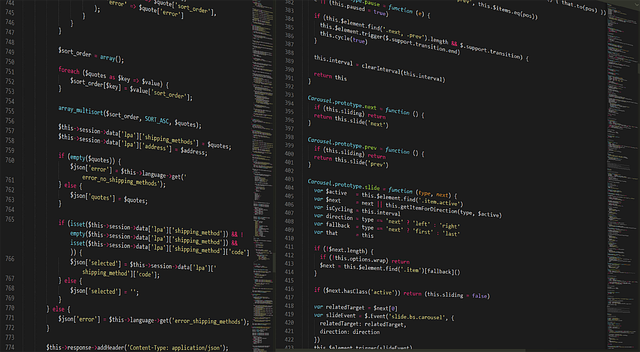
Two-Factor Authentication (2FA)
When it comes to securing your accounts, it’s important to understand two-factor authentication (2FA) and its benefits.
By enabling 2FA, you add an extra layer of security to your accounts by requiring a second form of verification, such as a code sent to your phone, in addition to your password.
This helps to prevent unauthorized access to your accounts, even if someone manages to guess or steal your password.
You can enable 2FA on various platforms, including social media accounts, email services, and online banking, to further enhance the security of your online presence.

Understanding 2FA and its Benefits
Implementing 2FA significantly enhances account security by adding an extra layer of protection. But what exactly is 2FA and how does it benefit you?
2FA, or Two-Factor Authentication, is a security measure that requires two forms of identification before granting access to an account. Typically, this involves something you know, like a password, and something you have, like a mobile device.
By using 2FA, even if an attacker manages to obtain your password, they still won’t be able to access your account without the second form of authentication.
To further strengthen your account security, it’s important to choose a strong password. You can use a suggested password generator or a ‘give me a strong password’ tool to generate a password based on a word or phrase. Remember, using a strong password is crucial in protecting your online accounts from unauthorized access.
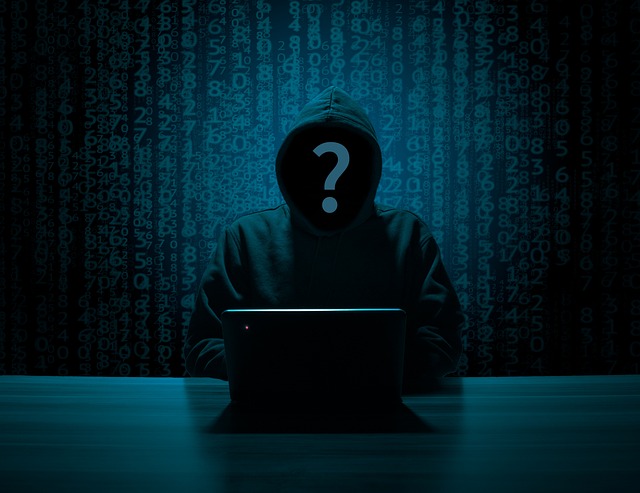
Enabling 2FA on Various Platforms
Enabling 2FA on different platforms is like adding an extra lock to the door of your online accounts. It provides an additional layer of security by requiring two factors to verify your identity.
Now, when it comes to creating a good password, there are a few best practices to follow. Firstly, avoid using common passwords like ‘password’ or ‘123456.’ Instead, opt for powerful, strong passwords that are difficult for others to guess. A good password should be a combination of letters, numbers, and special characters.
Ans also, it is essential to create unique passwords for each account to prevent unauthorized access if one password is compromised.
So, don’t wait any longer – start incorporating hard password ideas into your online accounts today for enhanced security.
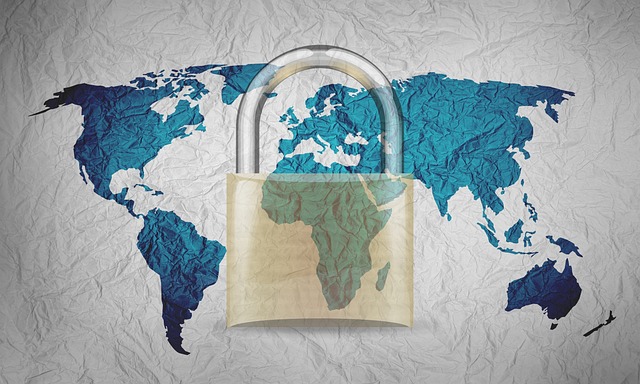
Educating Others about Strong Passwords
Are you interested in educating your family and friends about strong passwords? Sharing your knowledge with them can help protect their online accounts from hackers.
Additionally, promoting password best practices in the workplace can create a more secure environment for everyone.
Sharing Password Security Knowledge with Family and Friends
Sharing password security knowledge with family and friends can be an effective way to enhance account protection and foster a culture of cybersecurity awareness.
Start by recommending the use of a strong passphrase generator to create unique and complex passwords. Encourage them to avoid common password mistakes like using personal information or easily guessable patterns. Instead, suggest utilizing a good password to use, which consists of a mix of uppercase and lowercase letters, numbers, and special characters.
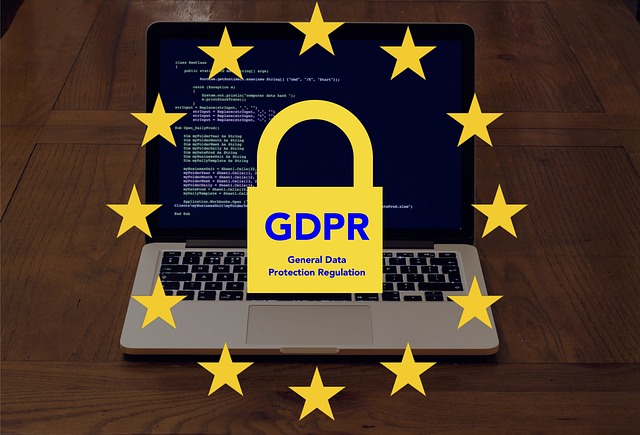
Additionally, emphasize the importance of regularly changing passwords and not reusing them across different accounts. To make it easier for them, introduce the concept of a random number password generator or a password suggestion generator.
By sharing these tips and tools, you can help your loved ones create a strong password that is also easy to remember.
Promoting Password Best Practices in the Workplace
Now that you’ve shared your knowledge about password security with your family and friends, it’s time to take it a step further and promote password best practices in the workplace.
As an account administrator or an employee, you have the power to create a culture of strong password usage within your organization. Encourage your colleagues to use strong passwords by providing them with a sample of what a great password looks like.

Emphasize the importance of using a unique combination of letters, numbers, and symbols, and remind them to avoid common phrases or personal information. Educate your team on the potential risks of weak passwords and the impact it can have on the overall security of the company.
By promoting password best practices in the workplace, you can help create a more secure environment for everyone.
Responding to Security Incidents
If you suspect that your account has been compromised, it’s important to take immediate action.
First, change your password to prevent further unauthorized access.
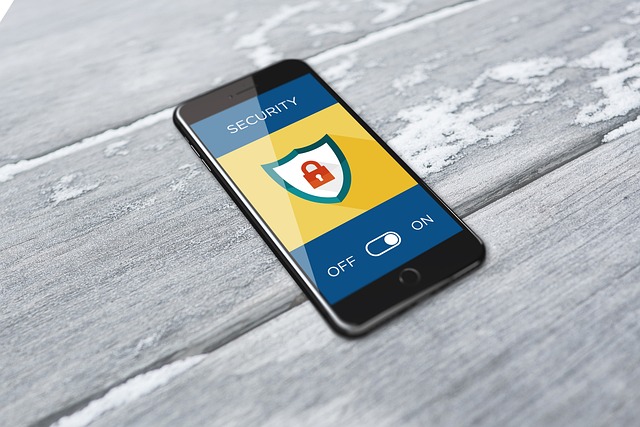
Next, review your account activity and report any suspicious activities to the appropriate authorities or platform.
What to Do in Case of a Suspected Compromise
If you suspect your account has been compromised, take the following steps to protect your information:
- Assess any unusual activity and trust your instincts.
- Change your password immediately using a strong and unique password. Avoid common passwords and consider using a free password generator or the Google random password generator.
- Enable two-factor authentication if available to provide an extra layer of protection.
- Run a scan on your device for any malware or viruses that may have contributed to the compromise.
Stay vigilant and prioritize the utmost security for your accounts by using a random password generator online.
Reporting Suspicious Activities
When you spot any suspicious activities, don’t hesitate to report them to the relevant authorities or platform administrators.

Reporting suspicious activities is crucial for maintaining the security of your accounts and protecting yourself from potential harm.
Whether it’s an unfamiliar login attempt, strange messages or posts, or any other unusual behavior, reporting these incidents promptly can help prevent further compromise of your account or the accounts of others.
Contact the appropriate authorities, such as the local police or cybercrime units, and provide them with all the necessary details and evidence.
Additionally, inform the platform administrators or customer support of the platform where the suspicious activity occurred so they can investigate and take appropriate actions to secure your account and prevent similar incidents in the future.
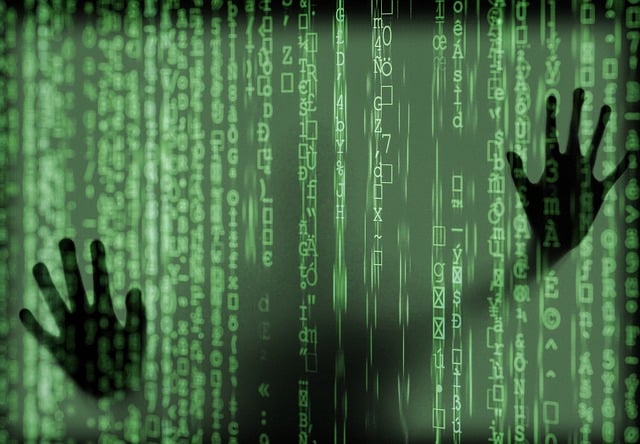
Remember, early reporting is key to maintaining a safe online environment.
Password Security in Organizations
In order to ensure password security in your organization, it’s important to implement password policies and guidelines. These policies should include requirements for password complexity and regular password changes.
Additionally, it’s crucial to provide employee training and awareness programs. These programs will educate your staff on the importance of password security and the potential risks associated with weak passwords.
Implementing Password Policies and Guidelines
To enhance the security of our accounts, let’s introduce password policies and guidelines that will ensure the use of strong passwords throughout the company. Implementing these measures is crucial in preventing unauthorized access to our systems and protecting sensitive information.
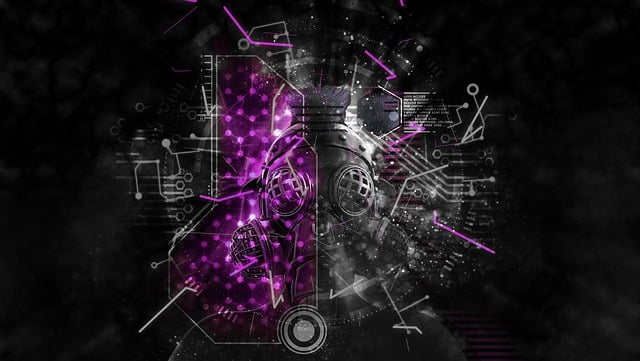
Firstly, we should enforce a minimum password length of at least eight characters, including a combination of letters, numbers, and special characters.
Additionally, regular password changes should be mandatory, with a recommended frequency of every three months. It is essential to educate employees about the importance of password security and provide training on creating strong passwords.
Furthermore, implementing multi-factor authentication, where users are required to provide additional verification, such as a fingerprint or a one-time code, can add an extra layer of protection.
By establishing these password policies and guidelines, we can significantly reduce the risk of security breaches and ensure the safety of our company’s accounts.

Employee Training and Awareness Programs
By educating employees and raising awareness through training programs, we can ensure that our workforce is equipped with the necessary knowledge to prioritize password security effectively.
Employee training and awareness programs play a crucial role in creating a strong password culture within our organization. These programs should include interactive sessions that educate employees on the importance of creating unique and complex passwords. They should also provide practical tips on how to create strong passwords, such as using a combination of uppercase and lowercase letters, numbers, and special characters.
Additionally, the training should emphasize the importance of regularly updating passwords and avoiding the reuse of passwords across different accounts.
By implementing these programs, we can empower our employees to become proactive defenders of their own account security and safeguard our organization against potential breaches.

Recap
Now that we’ve covered all the best practices for creating strong passwords, it’s time to put our newfound knowledge into action and start protecting our accounts like never before. Remember, the security of our accounts relies heavily on the strength of our passwords.
By following the guidelines we discussed, such as using a combination of uppercase and lowercase letters, numbers, and special characters, we can greatly reduce the risk of unauthorized access. Additionally, it’s important to avoid using easily guessable information like birthdays or pet names.
Regularly updating our passwords and never reusing them across multiple accounts is also crucial. By implementing these practices and staying vigilant, we can ensure that our online accounts remain secure and our personal information stays protected.
So let’s take this information to heart and make strong password protection a priority.
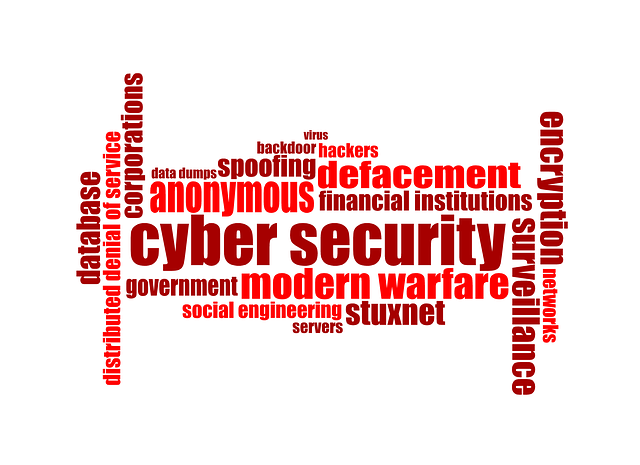
Frequently Asked Questions
How do I recover a forgotten password for my online account?
To recover a forgotten password for your online account, visit the login page and click on the “Forgot Password” link. Enter your email address and follow the instructions sent to your inbox.
Can I use the same password for multiple accounts if they are not important?
No, it is not recommended to use the same password for multiple accounts, even if they are not important. Using unique passwords for each account adds an extra layer of security and prevents potential breaches.
Is it safe to store my passwords in a password manager app?
Yes, it is safe to store your passwords in a password manager app. In fact, a study found that using a password manager reduces the risk of a data breach by 80%. So go ahead and secure your accounts!
What should I do if I suspect that my account has been hacked?
If you suspect your account has been hacked, act quickly. Change your password immediately and enable two-factor authentication if available. Monitor your account for any suspicious activity and notify the platform or service provider.
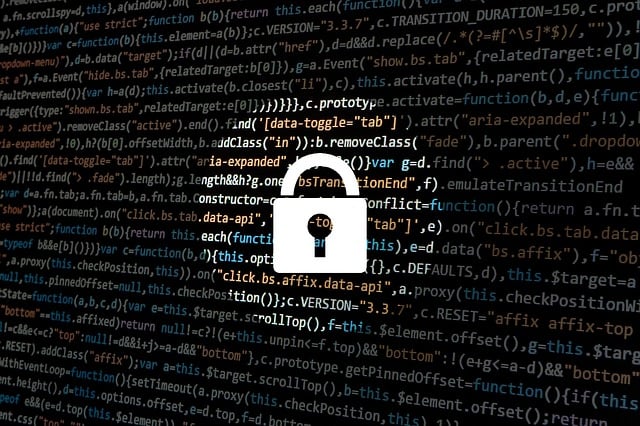
Are there any legal consequences for using weak passwords?
Using weak passwords can have serious legal consequences. If someone hacks into your account, they can access your personal information, steal your money, or even commit identity theft. Protect yourself by using strong passwords.
Conclusion
In conclusion, creating strong passwords is crucial for protecting your online accounts. By following best practices such as using a combination of uppercase and lowercase letters, numbers, and special characters, you can make it more difficult for hackers to gain unauthorized access.
However, it is alarming to note that 65% of people still use weak passwords, such as ‘123456’ or ‘password.’ This statistic highlights the need for continued education and awareness about the importance of strong passwords in order to enhance account security.
You might also like to read on these cybersecurity articles on Get Hitch
Creating Strong Passwords: Best Practices for Secure Account Protection
Social Media Privacy Settings: How to Control Your Online Presence





